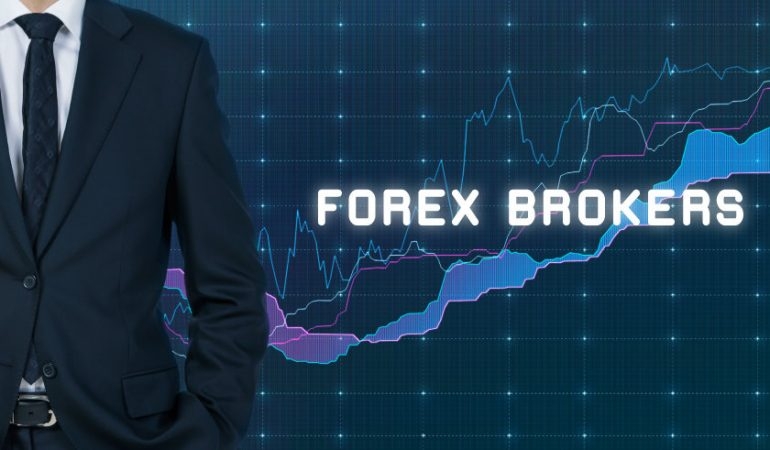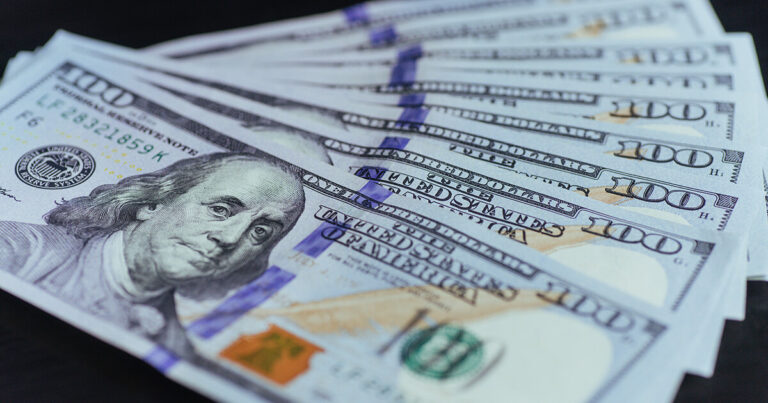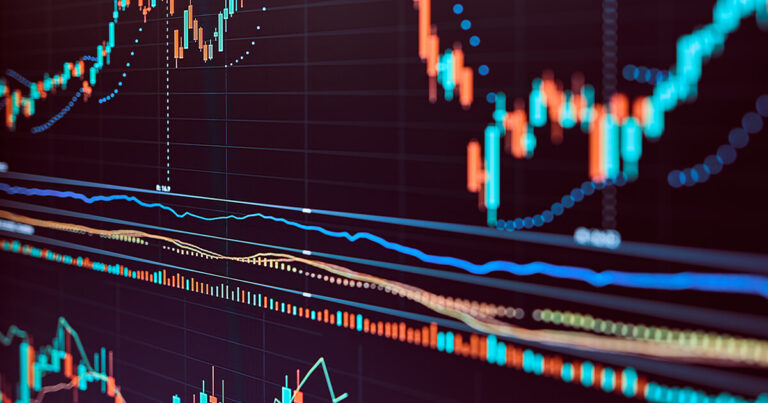Do you have a passion for making money in Forex, but not sure why you need Forex brokers?
With the brokerage platform, you will access a variety of global markets.
Besides, you will have access to Forex trading features, among many other benefits.
In this article, you will learn different kinds of brokers.
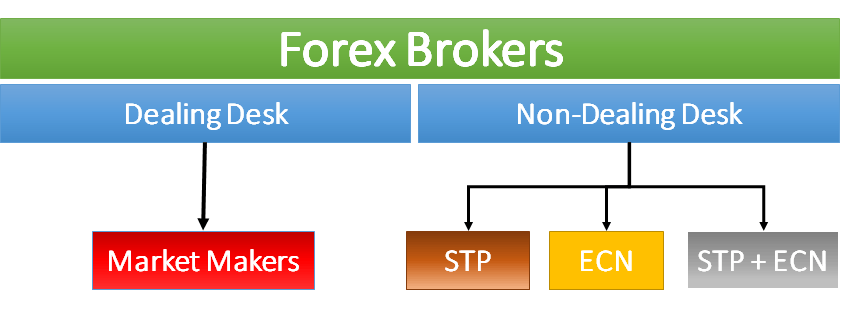
Why use Forex Brokers?
Your money is safe as genuine Forex brokers are regulated. However, take due diligence and avoid Scam brokers.
The genuine brokers operate under strict regulation and code of conduct of the relevant regulating bodies.
Thus, be assured that your investment protected from unscrupulous brokers.
Forex brokers have the advantage of trader education. Most brokers avail of trader information materials.
Besides, brokers offer fundamental and technical market analysis to their clients.
Importantly, the brokers offer a free demo account to practice and fine-tune your trading skills
Also, you will benefit from a lot from trading features such as stop loss to minimize losses.
With Forex trading charges being the only drawback, Forex broker usage is highly beneficial.
Types of Forex brokers
Two main types of brokers exist: dealing desk forex brokers and no dealing desk forex brokers differentiated by order execution styles and charges.
1. Dealing Desk (DD) 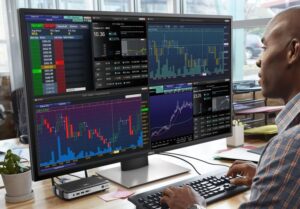
The dealing desk Forex brokers also market makers factually make a market for their clients.
While being indifferent to investors’ decisions, DD brokers fill the orders of their clients.
Thus market makers cannot set fixed spreads as they control the buy and sell orders.
Market prices of the dealing desk broker may differ from interbank rates and may not reflect market price volatility.
Traders dealing with the DD Forex brokers cannot view real-time interbank market rates.
However, this should not worry you because high competition among brokers works to the advantage of Forex traders.
Hence, market rates at the dealing desk Forex brokers are highly competitive to the interbank rates.
The dealing desk Forex brokers might disappoint you by sending requotes, manipulating spreads, and deliberately slowing order execution.
Besides, the broker can monitor your account balances, stop loss levels, and orders.
What is a dealing desk?
Dealing desk is the position or place of a Forex dealer, usually in a bank or financial institution.
When you place a buy or sell order, your dealer will look for a corresponding sell or buy order from its customer base or forward it to its financial provider.
This approach of dealing desk Forex minimizes the risk of spread without taking the opposite side of your deal.
When the above approach is unattainable, the broker will then take the other side. Therefore as you win, he/she loses and triumphs as you lose.
The dealing desk brokers have the advantage of the fixed/minimal fluctuating spread because the broker can take the opposite side of a trade.
Another beauty of the dealing desk broker is the possibility to trade with a small size capital while adopting proper risk management.
Dealing desk Forex is ideal for the newbies because
(1) it is easy to adopt proper risk management, and (2) traders can trade with low capital.
The DD Forex brokers make a living through spreads.
2. No Dealing Desk or non-Dealing Desk 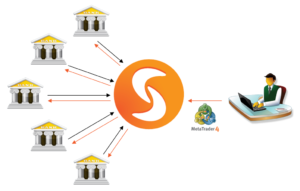
Just as the name implies, non dealing desk brokers will not pass your orders through a dealing desk.
Basically, non dealing desk Forex brokers link two traders together in addition to providing interbank’ direct access.
The no dealing desk Forex is characterized by a lack of price slippage while having low and flexible spreads.
Also, non dealing desk brokers make money by charging a commission, trading fees, or spreads.
And, they are categorized into STP and ECN non dealing desk Forex brokers.
Straight through the process (STP)
The STP system forwards traders’ orders directly to liquid providers like hedge funds, mutual funds, banks, and other brokers.
These liquid providers have access to interbank markets.
NDD STP dealers have access to several liquid providers who may offer different quote prices.
Thus the trader will have direct access to different quote prices via the broker.
For example, you can view five different quotes, incase, your no dealing desk Forex has access to 5 various liquid providers.
On your trading platform, the bid and ask quotes will be arranged from best to worst.
In some situations, STP Forex brokers act as a market maker and can even take the opposite side to make a profit on losing trades.
For example, in case, order counterparty is not available in the interbank market, the broker may opt to find a corresponding order match from its customer base or take the reverse side.
The STP broker earns profit through charging trading fees or trade commission.
The requirement of a huge amount of capital is another setback of the STP non dealing desk Forex brokers.
The electronic communication network (ECN)
The acronym ECN meaning electronic communication network, refers to trading platforms that provide direct trade interaction among the traders on the ECN platform.
The significant difference between STP and ECN is that ECN offers direct access for liquid providers and other traders on the ECN platform.
On the other hand, STP does not provide direct access, but take customers’ orders and forward them to the liquid providers.
In addition, the ECN Forex brokers provide their clients access to the depth of the market.
The depth of market shows buy and sell positions of other traders.
Also, ecn brokers provide a tight quote spread from its various liquid providers.
While ecn brokers make a profit by charging commissions in every trade, the electronic system eliminates any conflict of interest as the broker cannot take the opposite side.
Also, the execution of orders is faster without the possibility of order slippage.
You will also love the ECN trading platform as the system cannot allow any interference by unscrupulous brokers.
This type of Forex brokers is suitable for professional traders due to tight spreads and significant capital requirements.
Conclusion
Whether you are a beginner or professional Forex trader, the type of Forex brokers you settle upon will ultimately affect your trading experience, the costs incurred, and dealing spread.
The two types of brokers discussed handles transactions and execute orders differently.
Besides, it is essential to protect your investment by dealing with registered and regulated Forex brokers.

